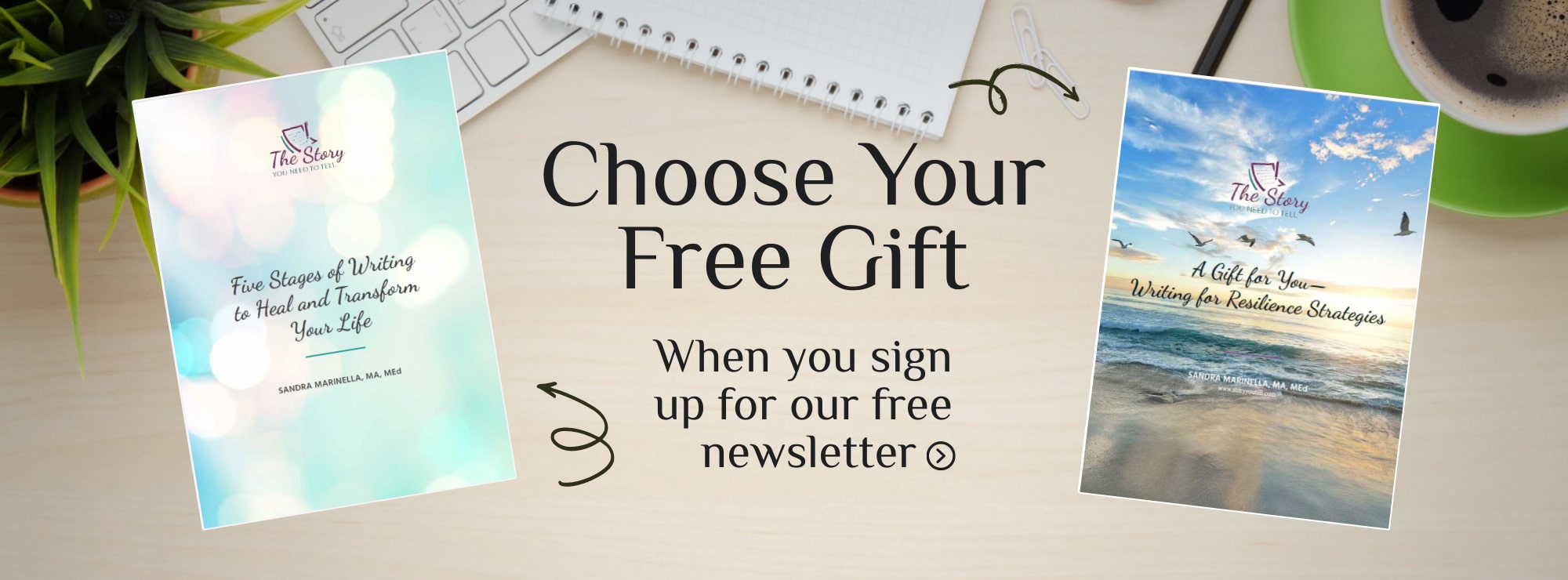Beautiful Scars
Our scars tell stories. Sometimes they’re stark tales of life-threatening catastrophes, but more often they’re just footnotes to the ordinary but bloody detours that befall us on the roadways of life. These beautiful words come from Dana Jennings, editor and prostate cancer survivor, from his column in the New York Times on July 21st, 2009. They have inspired this blog.
Think back. You have scars that tell stories. Some that are footnotes in life and others are profound. Can you tell one of those stories?
Since it is Breast Cancer Awareness Month, I want to share a story that changed me. It taught me how beautiful scars can be.
In 2012 I was diagnosed with breast cancer. As any breast cancer patient knows this is a long and arduous journey. I trekked from physician to physician. I experienced several scans, MRIs, and five biopsies. I was encouraged to get at the bare minimum a lumpectomy to save my left breast–but I was also told I would probably end up needing to lose both of my breasts. I was advised to think about a double mastectomy. There was a long line of cancer in my family—both aunts, my Grandma Rose, and my mom had lost one breast to cancer at age 60 and another to cancer at age 80.
My surgeon said my case was not clear, and she encouraged me to meet with a medical board who could advise me. I agreed. My breasts were analyzed intensely, but I left there more perplexed and uncertain about what to do.
The morning after I met with the medical board, I awoke early, meditated, wrote several pages in my journal, and closed it with resolve. I was done. Done with lists. Done with reading books by cancer experts. Done with talking to oncologists. Done with calling Billie, my dear friend with a good ear. Intellectually I had decided. I would opt for a lumpectomy and try to save my breasts. But my heart knew better. I felt a strange emptiness, like a balloon without air.
I called my mom. At ninety, she lived a few blocks from my home, and she was anxious to know my decision. This call started like all our conversations. The weather. The day. And then I said, “I have made my decision. I am going to try and save my breasts. I will have the lumpectomy . . .” Then I paused, for I was wavering over my choice. I intuited this was not going to work. I kept picturing the faces of friends who had made every effort to save their breasts with repeat lumpectomies, making every effort to get clear margins and keep their breasts. I wasn’t even sure about one lumpectomy. “If we miss margins — even once — I am going to have a double mastectomy,” I blurted.
Without pausing I began citing stats and sounding like the robot-like radiologist who had first informed me of my cancer, and suddenly, mid-sentence, in my mind’s eye I saw the image of my Grandma Rose. Then I choked on the word breasts and began to sob. Not cry—sob. This must have gone on for some time, for the next thing I remember, I was still blubbering when my mom appeared on the scene, took my cell phone from my hands, clicked it off, and did something she had not needed to do for a couple of decades. She held me in her arms. She rocked me gently. And for a few minutes, I felt safe.
As the tears receded, I pulled back and dried my eyes. Then I realized I had been sobbing into the soft pads that had served as Mom’s fake breasts for years. In that moment I understood that she had always been embarrassed by her fake breasts and the scars they hid. I doubted she had ever shown them to anyone. I reached out and touched the soft breast padding and asked, “May I see your scars?” She nodded and without speaking, she unbuttoned her cotton blouse and unhooked her bra. And there they were. Long, jagged, red scars. But to my surprise, my heart wrapped itself around them and allowed me to see their beauty. These scars were marks of transformation. Overcoming. These scars had allowed her to keep her life, and allowed me to keep my mom. I studied them. With my finger I traced the lines gently where her breasts had been. Slowly. Silently and with reverence. And then I hugged my mother with as much heart-gripping love as I had.
A week later I had a lumpectomy, and it failed to rid me of cancer, but I had already shed my tears and mourned the loss of my breasts. Immediately I scheduled my double mastectomy and moved forward with the next surgery, grateful I had a good surgeon who could skillfully remove cancer and knit my skin back together in the T-shaped scars I now have on both breasts.
Dana Jennings wrote, But for all the potential tales of woe that they suggest, scars are also signposts of optimism. I love that for it is true. My mom’s scars felt like heroic symbols of overcoming against difficult odds. Twice. Of surviving to live a long and beautiful life. My breast scars are my own talisman. My own tattoos that mark me with my story, a hard-won but life-affirming story of my own scars. Truly beautiful scars.

